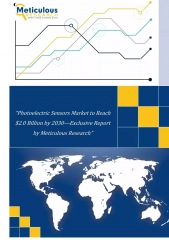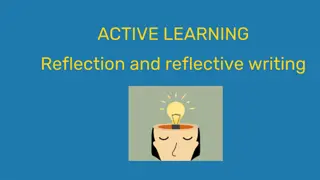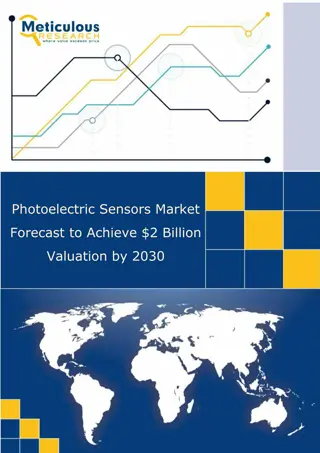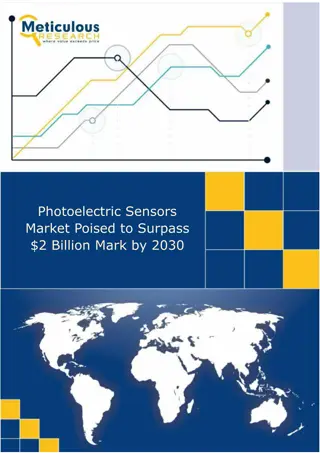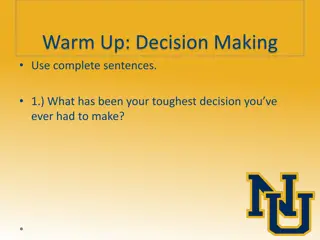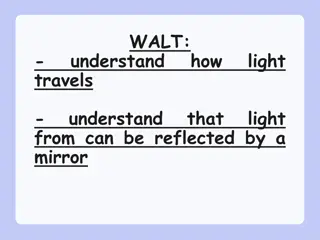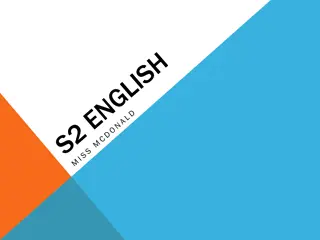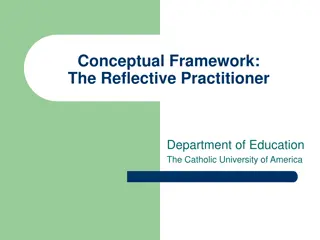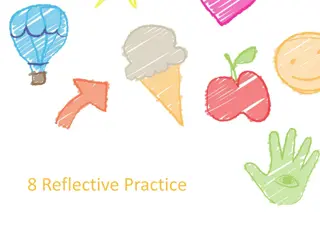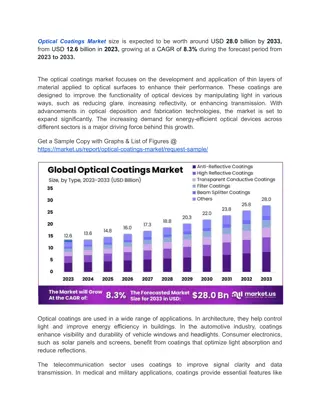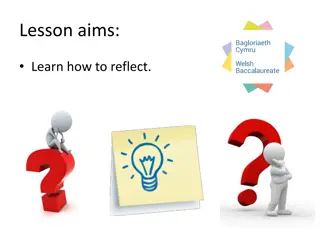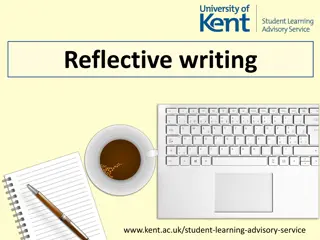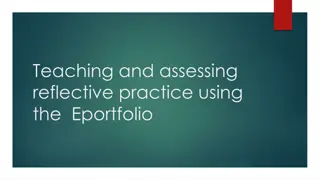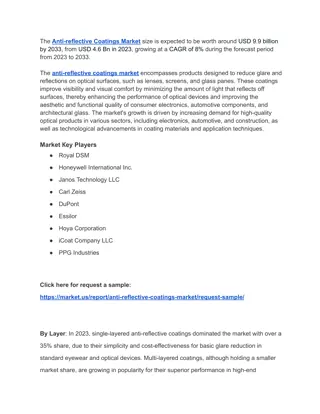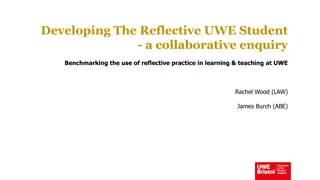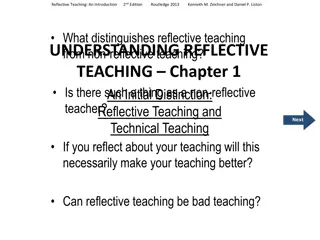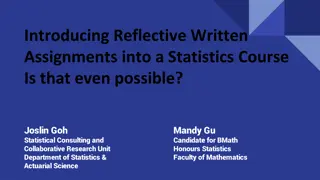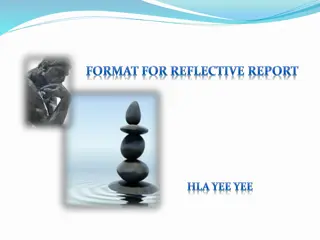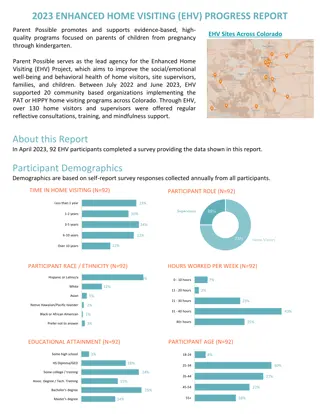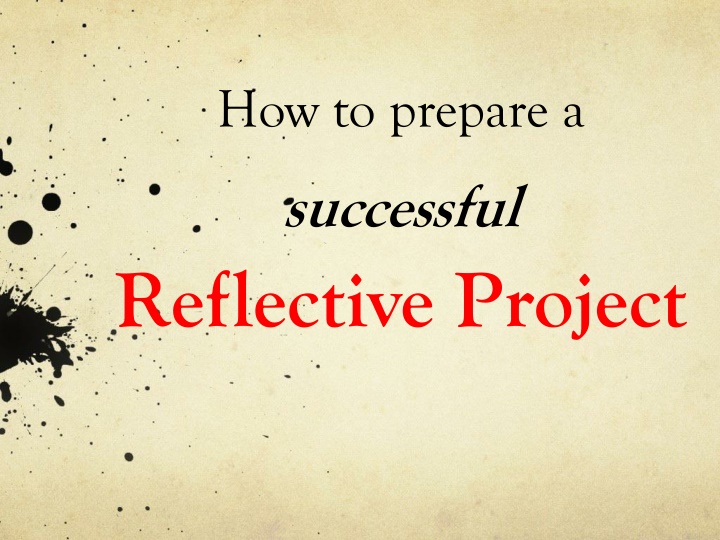
Preparing for a Successful Reflective Project in IBCP
Discover how to excel in your Reflective Project (RP) in the IBCP program, focusing on career studies, ethical dilemmas, and critical thinking. Learn about the project's aims, utilizing your learner profile, and starting the project with various format options to create a compelling body of work.
Download Presentation

Please find below an Image/Link to download the presentation.
The content on the website is provided AS IS for your information and personal use only. It may not be sold, licensed, or shared on other websites without obtaining consent from the author. If you encounter any issues during the download, it is possible that the publisher has removed the file from their server.
You are allowed to download the files provided on this website for personal or commercial use, subject to the condition that they are used lawfully. All files are the property of their respective owners.
The content on the website is provided AS IS for your information and personal use only. It may not be sold, licensed, or shared on other websites without obtaining consent from the author.
E N D
Presentation Transcript
How to prepare a successful Reflective Project
What is a Reflective Project (RP)? The Reflective Project is an in-depth body of work (essay, play, website, graphic presentation, etc.) produced over the duration of the IBCP program and is submitted at the end of your coursework. It is designed to draw together key elements of the IBCP program; Academy Pathway (career studies), Community and Service Learning, and the Approaches to Learning course (PPS). You will need to identify an ethical issue/dilemma, stemming from your career pathway studies, which you would like to explore in greater depth.
The AIMS of the RP The AIMS of the project are to allow students to: Produce an extended piece of work Engage in person inquiry, action and reflection on a specific ethical issue Develop research and communication skills Develop the skills of critical and creative thinking
Learner Profile Use your learner profile, as studied in class to build the strength of your RP!! Using these profile descriptors will help you develop a stronger skill set in your career pathway . Open-Minded Principled Communicators Balanced Reflective Knowledgeable Risk-Takers Inquirers Caring Thinkers
The reflective project uses: The Reflective Project uses: your career-related studies as a focus for the chosen issue the skills you develop in approaches to learning such as the ability to create a reasoned argument (critical thinking), to understand ethical dilemmas (ethical thinking) and to prepare the structure and format of the project itself (communication) the skills and knowledge you develop in community and service
How will I begin the Reflective Project? Format options: Format Maximum Length Essay/dialogue/short play 3,000 words Short film 10 minutes in length accompanied by a 750- word written report 10 minutes in length accompanied by a 1,500 word written report 5 single images accompanied by 2.500 words of written material 10 single slides accompanied by a 1,500 word written report 15 single images accompanied by a 1,500 word written report Radio play/interview Web page Microsoft Powerpoint presentation Storyboard/photographic presentation
RP Word Count Remember that the examiners will not read beyond the appropriate word limit when assessing the reflective project. The word count does not include: acknowledgments the contents page maps, charts, diagrams, annotated illustrations and tables equations, formulas and calculations citations or references (whether parenthetical or numbered) footnotes or endnotes the bibliography appendices.
The process of selecting an issue * Be sure to select an issue that interests you and that applies to your career of choice! Formulate a well-focused research question on an issue. Reference page 20 in the RP Student Guide
Selecting a good topic Step 1 Start at the top of the table and find an issue related to your IBCC course. Step 2 Formulate a non-ethical question that simply asks you to describe what you know about the issue. Step 3 Redraft your question so that it just asks for one solution to the problem or issue. Step 4 Try to think of the ethical dilemma associated with the issue and open up the question so it leads to multiple answers. Step 5 Now focus on the ethical dilemma and enlarge it so that the question now goes far beyond the limits of the original observation. Your question should have more than one right answer and require the use of argument.
Identify the ethical dilemma within the issue. What are the different perspectives involved? Examine the ethical dimension associated with the issue. Consider more than one view or one side of the ethical issue. Remember, that it is the ethical dimension of the issue, and not the issue itself, which is the primary focus of the reflective project! Develop a personal and relevant evaluation of the ethical dimension of the issue
What are ethics and an ethical dimension? What is an Ethical Dilemma? Ethicsis based on a set of moral principles of a society or culture that helps to guide behaviors, actions and choices. The ethical dimension refers to the range of ethical aspects related to an identified topic. What is an Ethical Dilemma? Within an ethical dimension there are ethical dilemmas. An ethical dilemma is a choice between two (or more) conflicting moral perspectives where neither choice provides a perfect solution.
The Four Main Stages in the Research Process: Defining the purpose of the research, the objectives of the research and the research question(s) Conducting a literature review Designing appropriate data collection methods and analyzing the data Presenting the research findings Students should use a consistent style of referencing throughout the project, and it is recommended that the APAstyle be used.
Where should you look for references? The more variety the better! Newspaper and online articles, books, journals and magazines. Be sure to not rely only on the internet! You will have some time in class to utilize the library and complete online research. Be sure to record sources as the research progresses (rather than trying to reconstruct a list at the last minute).
RP Criterion The IB will award a grade based on the mark. 26 30 A 21 25 B 16 20 C 10 15 D 0 9 E Examiners will not read beyond the appropriate word limit when assessing the reflective project. Any student awarded a grade of E for the reflective project will not be awarded the IBCC.
Assessment Criteria Summative assessment principles are used to assess the project. The following are criterion for the RP. A. The issue in context B. Community awareness C. The ethical dimension of the issue D. Cultural awareness E. Reasoning F. Supporting evidence G. Student voice H. Reflection I. Communication J. Presentation In depth explanations of each criterion are found on pages 14-19 in the RP Student Guide
Additional IMPORTANT INFO Ahead: All of the following information stems from the RP Student Guide. Please make sure to reference the guide for further information and more detailed explanations. Keep your RP Student Guide with you at all times in class. We will use it often!
Community Awareness Community: A community is a group of people with common interests such as where they live, religion and ethnicity. A community has its own set of attitudes and way of life. Those attitudes and way of life make the members of the community see the world around them in a certain way. You need to be aware of what those attitudes are and the way in which they influence the community. Also, remember that community could be your local neighborhood, your town, your city, even your country or religious and ethnic community.
What is Primary Research? What is Secondary Research? Primary research is collecting data and information first- hand that is by you, through the use of questionnaires, surveys and interviews. Secondary research is collecting data and information that already exists, that is by reading reports, publications and other literature. Your research question, determined in criterion A, will help you focus your research. You should know what data/information you want to get, so make sure your question promotes research.
Cultural Awareness How can culture influence perspectives on the ethical dilemma of the issue? Criterion D is broadly interpreted to allow students to explore social and cultural differences based on cultural identity and how these differences may lead to different perspectives. This, therefore allows you to look for differences related to, for example: Age Ethnicity Gender History Language Location Nationality Religious beliefs Socio-economic background It would be a good idea when consulting the community on the issue to obtain data related to some of the categories above.
Relevant Data You are required to find a range of evidence from a variety of sources, which provide contrasting views of the issue and the associated ethical dilemma. The evidence should be referred to all the way through your project and not simply something that is put together at the end of your project. Where can you find relevant data? This could and should come from multiple sources, such as: statistics from reputable sources (for example, those provided by government organizations, professional organizations and non-governmental organizations) an interview conducted with an authority or an expert on the issue in question This could be conducted by yourself or be an interview that has been published elsewhere. an essay, article or book on the subject documentaries credible internet sites (for example, those provided by universities, museums, non- governmental organizations and the like). However, you must exercise some critical judgment when using websites to ensure that the information you use is relevant and credible.
Your voice In criterion G, you are required within the RP to voice your personal view on the issue using a range of relevant evidence. Please remember: Can be personal but must give your view on the ethical dilemma regarding your research question. Must draw on your research and evidence to support your personal view and present a well-reasoned argument to justify your personal view Make sure the reader understands your viewpoint ALWAYS try to be objective, avoid emotion
Approximate RP timeline Quarter 1: Quarter 3: Ethical topic brainstorming Writing labs on Thursday and Friday Meeting with advisor & topic approval. Rough Draft due before Fall Break Choose RP topic Quarter 2: Quarter 4: Outline RP arguments 2 Peer Reviews to be completed using the IBCP Reflective Project grading rubric. Research 5-7 Scholarly Resources Corrections and Advisor Reviews Write Introductory Paragraph Due final day in the ATL/PPS class Outline & Intro are due PRIOR to leaving for summer break!!


